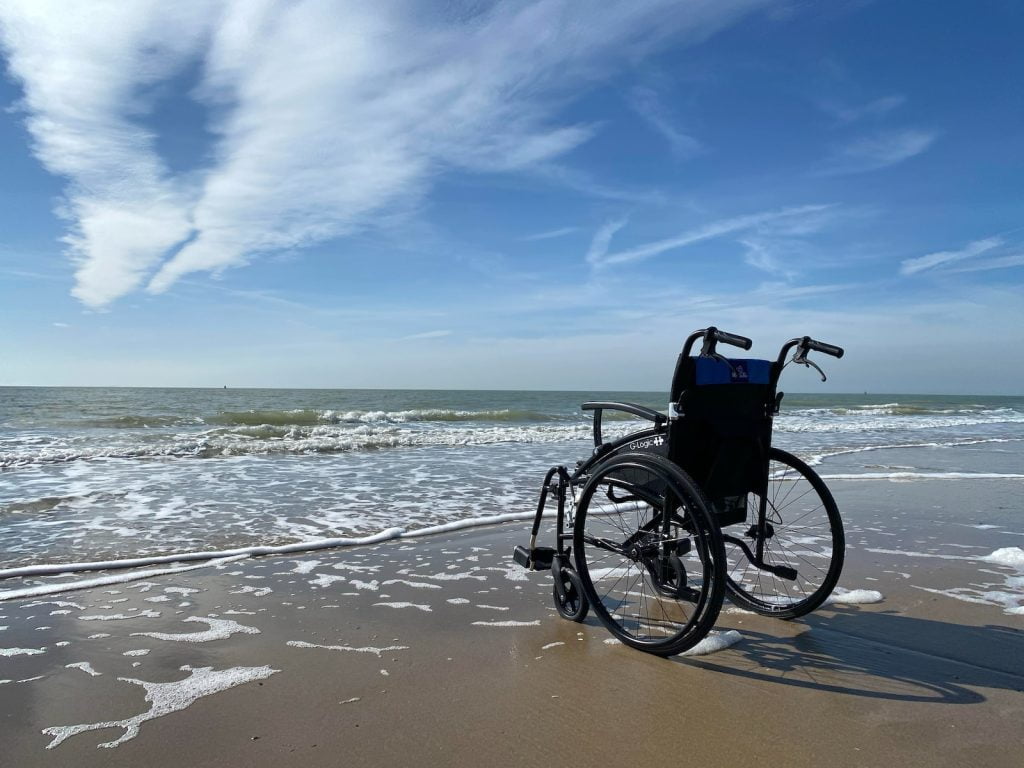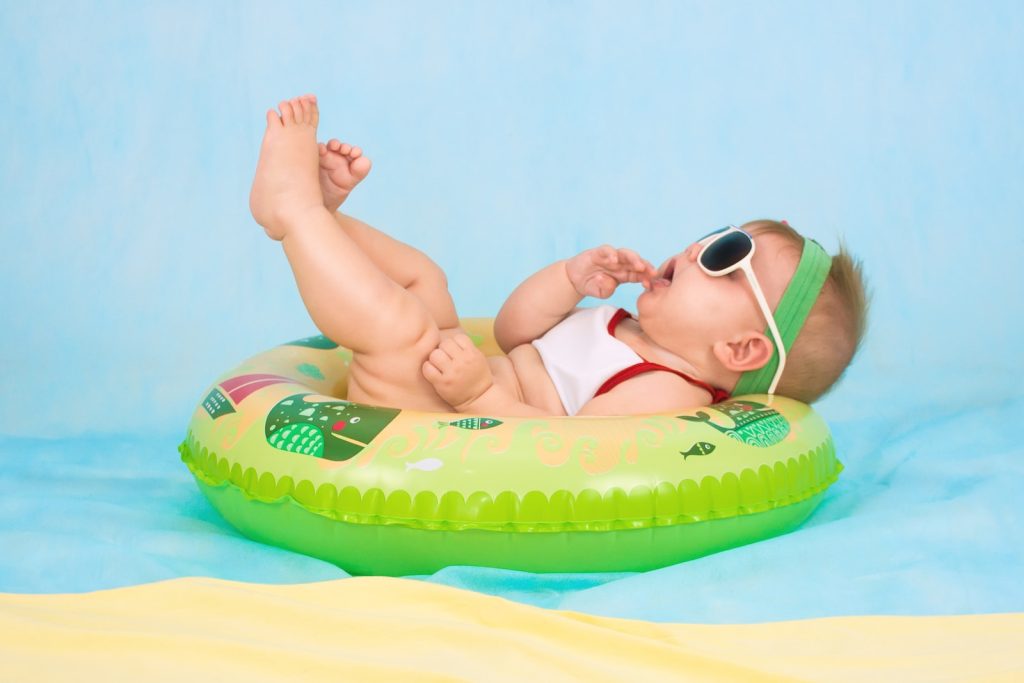Cruising in a wheelchair can be a rewarding and memorable experience, but there are some special considerations to keep in mind when planning a cruise. First, make sure you are aware of any special accommodations and accessibility options offered by the cruise line. Many cruise lines provide wheelchair-accessible cabins that have been specially designed to accommodate wheelchairs.
Also, talk to the cruise line about any special mobility needs you may have and see if they can accommodate them. Additionally, it’s a good idea to research the ports of call and shore excursions that are available, so you can make sure you’ll have the best experience possible.
Finally, make sure to bring along any special equipment or supplies that you may need during the cruise, such as a wheelchair ramp or a collapsible wheelchair. Planning ahead and being aware of your needs and the services available will help ensure that your cruise is both enjoyable and safe.

Wheelschair assistance on the ships
Cruise ships are designed to provide everyone with an enjoyable experience, regardless of mobility limitations. Wheelchair assistance on a cruise ship is available to passengers who require additional assistance when embarking or disembarking the vessel, as well as during their stay on board.
Typically, cruise lines will have staff members available to provide assistance with wheelchairs and other mobility aids, as well as to help move passengers around the ship. Many cruise lines also offer special wheelchair-accessible staterooms, bathrooms, and public areas that are designed to make getting around the ship easier.
Additionally, cruise lines are increasingly providing more services to make it easier for passengers in wheelchairs to enjoy the cruise, such as providing ramps, elevators, and specialized excursions and activities.

If you are planning a cruise and require the use of a wheelchair, it is important to make sure you have the necessary accommodations in place before you embark. Depending on the cruise line and the type of wheelchair you use, you may need to make specific arrangements to ensure that your wheelchair can be used while on the ship.
For example, some cruise lines may require that you provide documentation of your need for a wheelchair, or that you book a cabin with wheelchair-accessible features. Additionally, if your wheelchair has special features or is motorized, you may need to provide additional information to the cruise line prior to your departure.
Ultimately, it is important to do your research and contact the cruise line ahead of time to ensure that your needs are met and that you have a safe and enjoyable experience while on board.


